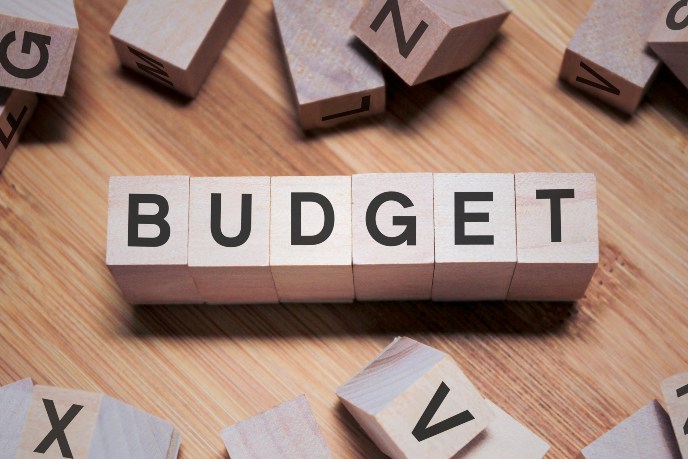On 3 March, Rishi Sunak delivered his first budget since the pandemic started. There was a lot of speculation ahead of his speech as to what tax changes would be unveiled and how businesses, many of which have felt the full force of the economic impact of COVID-19, would be affected going forwards.
Here, we provide a rundown of the key points and takeaways from the Chancellor’s announcement and explain the effect this might have on your business.
Personal income tax allowance updates
The personal tax allowance i.e. the amount you can earn before you start to pay tax, is currently £12,500 per annum. The Chancellor announced he would be raising this figure by a small amount to £12,570 from April 2022, but it would be frozen at this amount until 2026.

While taxes aren’t increasing, this freeze has been dubbed a ‘stealth tax’ as it means earners will essentially be taking the equivalent of a pay cut once the rate of inflation has been taken into account. Meanwhile, the higher rate tax threshold – the amount you can earn before you start getting taxed at the higher rate of 40% as opposed to the standard rate of 20% – will drop from £50,000 to £37,500 resulting in thousands of taxpayers seeing their tax liability increase when the changes come into effect in April 2022.
Corporation tax rate increases
The corporation tax rate, which is currently set at 19%, will increase to 25% from April 2023. However, this increase will be tapered so that only companies with profits of more than £250,000 will be taxed at the full 25% rate. For companies with profits that are less than £50,000, they will continue to be taxed at 19%. For companies earning profits between £50,000 and £250,000 the rate will fall between 19% and 25%.
Capital expenditure ‘super deduction’
Companies will be able to claim a ‘super deduction’ of 130% for certain capital expenditure made between 1 April 2021 and 31 March 2023. The new ‘super deduction’ applies to most new plant, machinery and equipment (PME).
VAT and business rates cuts will be extended
The business rates holiday will be extended by another three months to 30 June 2021 for pubs, restaurants and other non-essential retail businesses. After this, rates will be discounted to one third of the normal charge for the rest of the financial year, up to a maximum of £2m for closed businesses.
The VAT discount will also be extended until the end of September, meaning VAT charged on food and drink sold in pubs and restaurants will continue at the reduced rate of 5%. After this, it will increase to 12.5% – below the normal rate of 20% – for a further six months.
Pension lifetime allowance will be frozen
The pensions lifetime allowance is a limit on the amount that can be drawn from pension schemes without triggering a tax charge. This will be frozen at its current limit of £1,073,100 until April 2026.
Inheritance tax and capital gains tax will be frozen
The inheritance tax nil-rate band for individuals of £325,000 along with the residence nil-rate band of £175,000 will be frozen until 2026. Although the amounts were due to rise with inflation in April 2021, it still means that married couples and civil partners can give away up to £1m free of inheritance tax.
The stamp duty holiday will be extended
The stamp duty holiday has been extended by three months until the end of June 2021. Those purchasing properties in England and Northern Ireland will not be required to pay stamp duty on the first £500,000. Once the freeze ends, the nil rate band will be set to £250,000 – double the standard level – until 30 September 2021. Following this, the nil rate band will resume at the usual level of £125,000. However, the stamp duty rates are different depending on whether the property being purchased is a main residence, a second home or a buy-to-let. While buy-to-let landlords and second home buyers are eligible for the tax cut, they will still have to pay the additional 3% rate that has always been in place for these buyers.
If you need further information or advice about the recent budget announcements and what they mean to you, then we are here to help. Please give us a call on 01892 559480, or get in touch via our online enquiry form.







